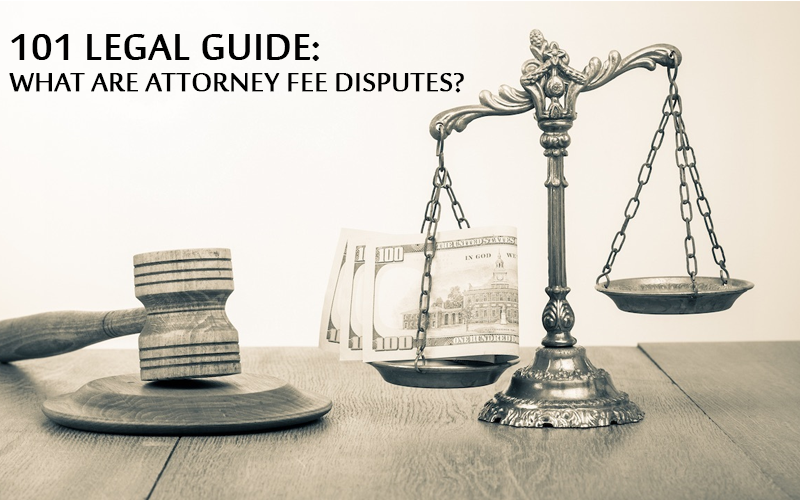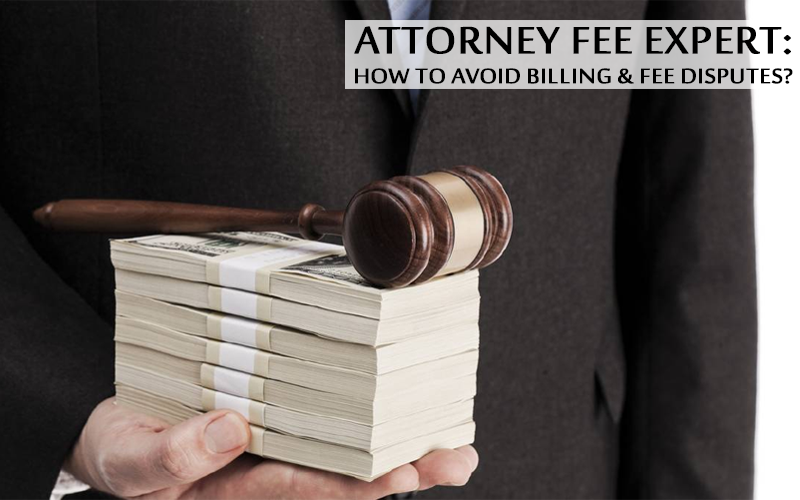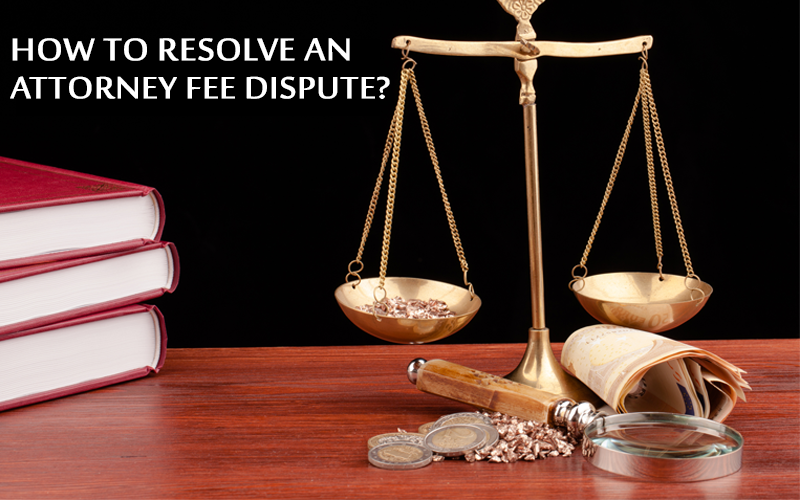Lawyers in each part of the world are expensive. To reach the stature they reach, a lawyer has to undergo a minimum of seven years of schooling paired with extensive legal practice. Being one of the most highly-educated individuals, lawyers are equipped with a diverse range of knowledge and skillset. Due to the unique environment, they operate within, lawyers deal with high-pressure and stress-ridden tasks on a regular basis. With everything hinging on whether a lawyer can win a case for their client, lawyers are considered some of the top-paid professionals.
Despite legal processes being complicated, painstakingly-lengthy, and difficult to manage, certain lawyers take advantage of their position. Breaching their fiduciary duty to their client, lawyers take the route of overbilling and overcharging their clients for the services they provide. A common reason for legal malpractice claims, attorney fee disputes are, therefore, becoming increasingly common. Involved in fraudulent activities, certain lawyers increase the stated time they’ve spent dealing with a client’s legal matter or either perform useless work to increase their charges. Hence, given the sheer amount of access a lawyer has into their client’s sensitive information, it is essential for clients to evaluate whether their lawyer is operating within the parameters of ethical values.
What Are The Different Types Of Fee Arrangements?
A lawyer can decide to use any given type of fee arrangement. Following are the most commonly used fee arrangements by attorneys in the US.
Hourly Fee
In such an arrangement, the client can ask the lawyer to give a rough estimate of the amount of time it will take to handle the given legal matter. Negotiated from the beginning, this gives the client a clear idea of what the total charges may be. However, this total cost can change if it takes longer than what the legal counsel expected.
Fixed Fee
Such a fee system is typically used for routine legal matters, such as drawing up a will. That said, prior to agreeing to a fixed fee, it is important for the client to find out which services are included and which are not. As, otherwise, unexpected charges can be added to their bill.
Retainer Fee
A retainer fee is settled for when a client agrees to pay an upfront amount for ensuring they receive the required legal counsel of a lawyer.
Contingency Fee
This sort of fee is usually used in cases where compensation can be secured, such as personal injury claims or accidents. Contrary to a fixed or hourly fee process, lawyers receive a percentage of the compensation received by their clients.
In addition to their charges, a lawyer will add several other costs that are associated with a client’s case, leaving the client liable for covering those expenses.
Unaware of analyzing their legal bills, clients usually end up paying more than they’re supposed to. Concealed in general and unclear descriptions, most lawyers use tactics such as duplicative and block billing to push over unnecessary costs to their clients. While in some other cases, certain law firms assign too many resources and attorneys to a given legal matter. This not just results in duplication of effort but also inflates the client’s bills by a considerable degree.
Resolving Attorney Fee Disputes
If a client finds any issue with the bill they’ve received, it is foremost important for them to contact their attorney. It is in the best interest of the attorney to resolve the issue, as they’d like to retain a strong client portfolio. At liberty to discuss anything, a client can point out any discrepancies they find within their bill. Nonetheless, if discussing the matter with their attorney fails to produce a mutually-beneficial response, clients and lawyers both can opt for arbitration. This process includes reviewing the fee agreement, the attorney’s performance, and any other relevant documents. With a panel of lawyers acting as arbitrators, both involved parties can expect to receive a fair judgment.
How Cooper Law Can Help Resolve Attorney Fees Disputes?
A dispute between a client and their attorney is an easily avoidable scenario. Yet, given the clashing point of view, several parties have to resort to requiring mediation and legal counsel. Equipped with forty years of experience, Cooper Law has provided legal services to small businesses, insurance carriers, government entities, law firms, and private individuals. Assessing matters through a fair and professional perspective, the attorneys associated with Cooper Law are well-versed with evaluating the charges billed and the performance of other attorneys. With a stronghold on handling attorney fee disputes claims, they’ve helped save millions of dollars for their clients. Their firm symbolizes professionalism at its best, which is why they provide solutions according to their client’s requirements.




